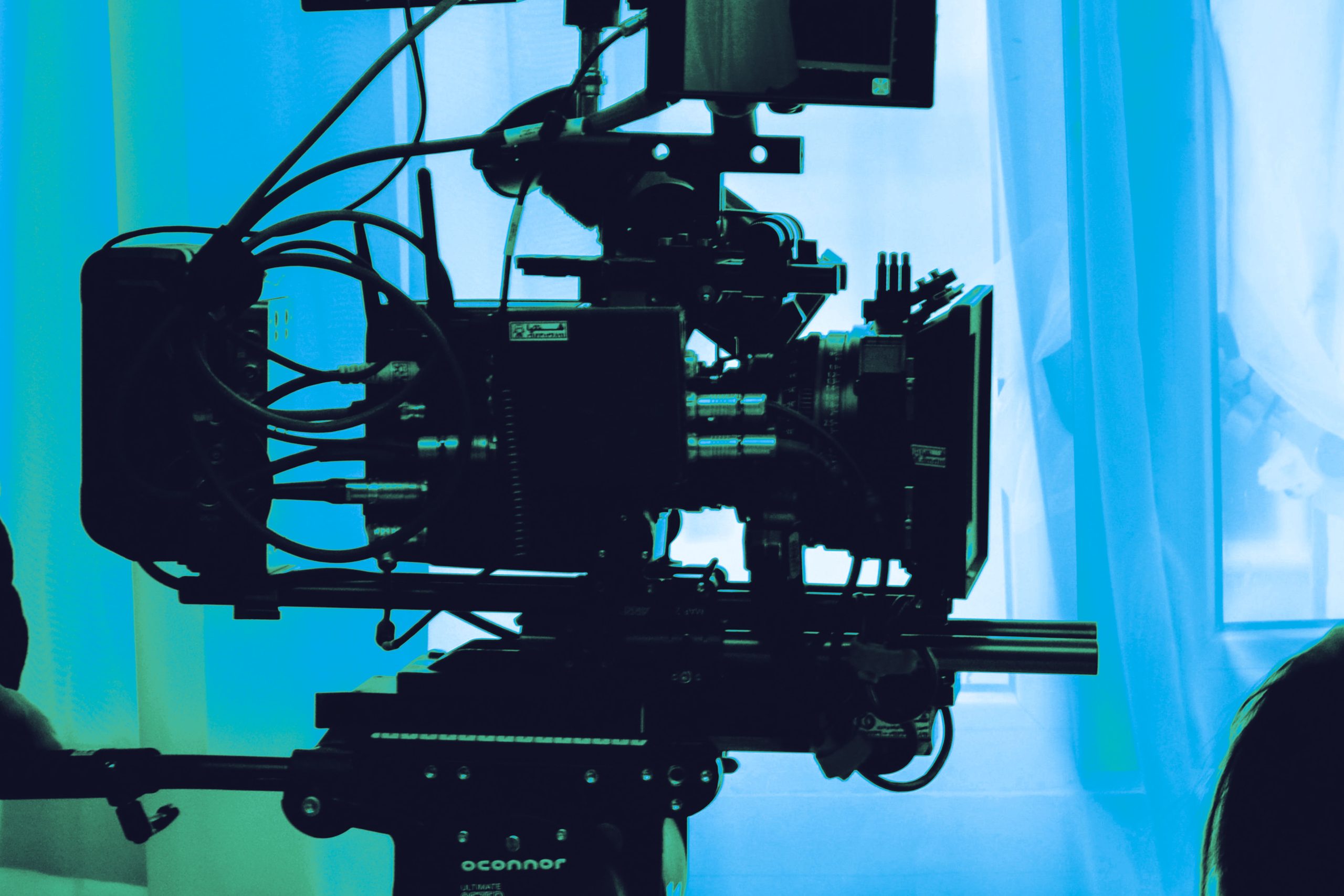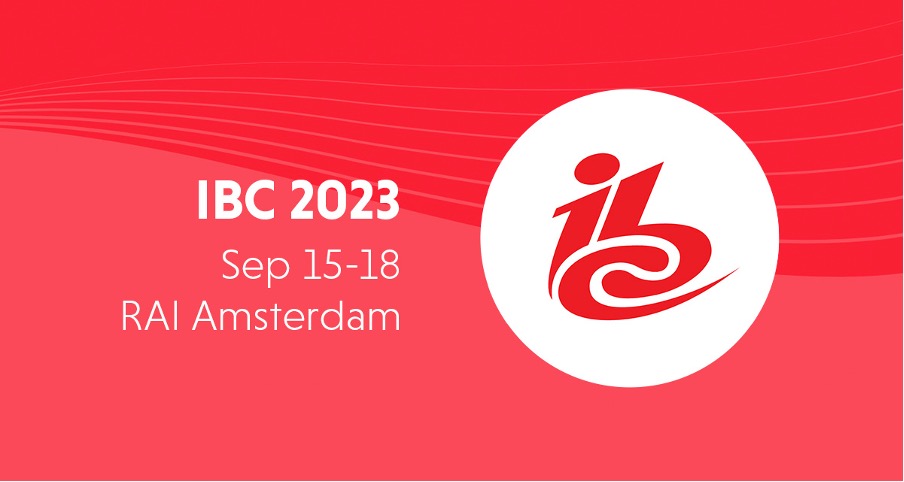The talent landscape continues to change in response to new technologies and shifting company priorities. On Episode 33 of The Content & Media Matters Podcast, we spoke with Mathias Guille, the VP of Cloud Platforms at Broadpeak, about his perspectives on these changes. After an impressive global career, he’s seen the changing workforce from a different angle, giving him some great insights on the topic. Read on to find out more.
What do you think the key talent topics that we need to address are?
Right now, what’s happening in the industry is pretty interesting because most of our customers are facing the competition of Netflix, Disney, and Amazon Prime, but we are working with traditional broadcasters. We are working with operators. We are working with people who are trying to compete with new monopolies. There’s definitely a benchmark on quality, but there is also competition around the agility and the speed of deployment. If you look at people like Netflix and Amazon Prime, they always innovate. They always bring new features to the market. And if you want to compete with that, you need to have the same speed. Our customers need vendors who can bring that agility.
What it means for our people and those working with us is that they need to deal with the capacity for our customers’ changing plans, pivot, and truly understand their businesses. One of the characteristics I’m looking for in my team is the capacity to deal with ambiguity. If you look at a job from Apple, one of the requirements is having the capacity to deal with ambiguity, and I think that’s a benchmark for the whole industry. Your customers will change direction and priority, and it’s not your fault, but you need to adapt to it. Talent needs to be able to not necessarily understand everything but still be able to move forward and execute tasks in changing environments.
It’s okay to fail or be wrong at some point. You can try again, and I’m sure your customer can understand that as well. However, dealing with ambiguity in our industry is incredibly important. That’s what I’m looking for right now when I come to hire people for my team.

Have you seen hiring trends change in the last five years?
One of the things that we need to build within the team is the capacity to do continuous integration and continuous development. CICD experience was a must when we created the team, and we had to change how we developed software. Everyone is talking about DevOps, and it’s a very important term, but it’s often quite misunderstood by the industry. DevOps doesn’t mean that your developers need to do full ops. It means thinking about the operation. In our team, we have people focusing on the development of the back end or front end, but every one of them does a little bit of operation. It’s also about making sure that the thing that you develop can be automated so you have to spend less time on operation activities in the future. It can be monitored so that you can detect problems in advance and act proactively.
In terms of skills, having experience in continuous integration and continuous development (CICD) and DevOps is important. Being able to understand hyperscalers and how they are working is also integral. At the end of the day, if you can find people to do DevOps, you’ll have a strong foundation for video streaming itself. If your people have experience running a platform on AWS and know HLS, dash, DRM, etc, you’ll be able to become the best.
To find out more about ongoing talent topics in the industry, tune into The Content & Media Matters Podcast here.
We sit down regularly with some of the biggest names in our industry, we dedicate our podcast to the stories of leaders in the technologies industries that bring us closer together. Follow the link here to see some of our latest episodes and don’t forget to subscribe.



